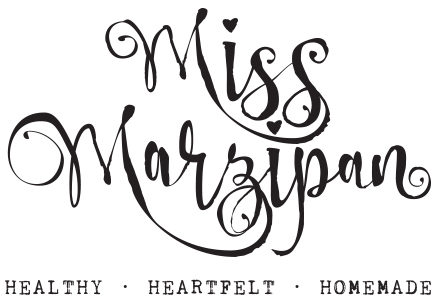On a not uncommonly wintery Swedish “summer’s” day, I thought I’d give some vegan baking a go. I have never baked with buckwheat flour or raw agave syrup before, but thought that whilst I am “veganising” my meals, I might as well “healthify” them too. As these ingredients (in the quantities I needed) are fairly inexpensive and the investment in time so little, I didn’t think experimenting with this cake would be such a huge risk. My small gamble paid off deliciously and I am very happy to add this ever-so-simple little number to my baking repertoire.
PEAR AND CARDAMOM CAKE
Prep time: 3 min – Cook time: 30 min – Servings: 6
INGREDIENTS:
1 dl raw agave syrup
2 dl buckwheat flour
3 dl canned pear halves in juice (approx. 6 pear halves plus 1 dl pear juice)
1/2 dl slivered almonds
2 tsp baking powder
1 tsp ground cardamom
1/2 tsp ground cinnamon
DIRECTIONS:
- Preheat oven to 175 degrees. Grease a ceramic baking dish with soy/vegetable oil based spread.
- Combine agave syrup, flour, pears (plus juice), baking powder, almonds and spices in a large mixing bowl, smooshing the pears up roughly with a fork.
- Pour batter into greased baking dish (mine is a 22 by 28 cm rectangular form, on the shallow side).
- Pop in oven and bake for around 30 minutes (until the top is lightly golden, the edges have browned and come away from sides of the dish and a skewer inserted in the centre comes out clean). The cake will not have risen very much.
- Serve slices of cake warm with a generous amount of soy vanilla custard. Soy vanilla ice cream would also work well, no doubt.
This super simple recipe is based on my 1, 2, 3 pineapple coconut cake.


Looks and sounds incredibly delicious. Cardamom adds such a lovely flavor that I really enjoy.
Aw, thank you! Not the most elegant creation, perhaps- but definitely yummy and not so unhealthy, as far as cakes go 😉
Hi, I’m from Australia and never seen dl in recipe before… what measurement is it? 😊
Hi! 1 dl (or 1 decilitre) is a tenth of a litre… so essentially 100 ml! Sorry for the confusion! 🙂